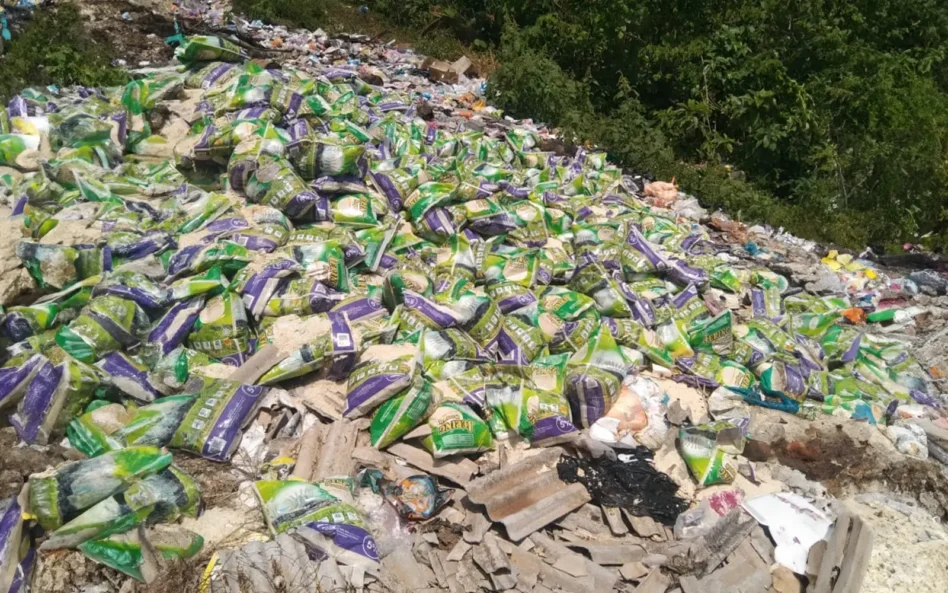by Chee Jo-Ey
NO one saw it coming when the Covid-19 outbreak that started as a health crisis turned into a full-scale economic disaster.
According to the World Health Organisation, the outbreak is expected to peak in Malaysia in mid-April, indicating that we’re not past the worst yet.
Latest estimates see the economy moving into a recession and shrinking this year by 2.6% while the number of jobs lost could be 2.4 million; over 15% – one in six workers – could lose their jobs, taking the unemployment rate close to 20% from the current 3%.
The Covid-19 outbreak is the sort of crisis people should be accumulating their financial reserves for. The rainy days have come, so is your wallet ready for it?
University of Malaya department of finance and banking senior lecturer Dr Eric Koh said, “We should always have some cash or emergency funds. The quantum varies according to each person’s context and also the evolution of the financial sector.
“Previously, some would suggest keeping around six months of your expenditure requirements. I would think the quantum may be lowered because of developments in the financial sector, technology and also society.”
There are at least four considerations, according to Koh. First, what is the time horizon during which you may not have cash inflow? This may be less relevant to salaried people whose jobs are secure.
But it is very important for people who earn on a daily or weekly basis. Besides, this ‘time horizon’ gets very tricky with unprecedented and highly uncertain situations such as the current pandemic.
Second, besides the ‘normal’ recurring expenditure, do you expect some other lumpy commitments or cash outflows? You can’t just consider the ‘normal’ monthly expenditure but should also plan for the latter.
Third, how much leeway do you have with your credit facilities such as credit cards? Do use them wisely to occasionally spread out your commitments? Some retailers and banks allow you to spread out your payments over a few instalments, without charging interest.
But at the same time, you must be very disciplined with credit cards because the interest charged on overdue payments is very high. Some people get into serious financial trouble mainly because of amounts outstanding on credit cards.
Fourth, it’s also better to have some hard cash. Although many vendors are accepting cashless alternatives, you never know when some people may want only hard cash. You also don’t know when technology may disappoint you.
In fact, you shouldn’t put all your cash into only one bank account. You never know when that bank’s system may be disrupted. So, spread out over at least two banks.
And the ongoing Movement Control Order (MCO) has also taught us that travelling far from our home base would be highly discouraged or inconvenient or in some cases, even disallowed. So, if the only automated teller machine (ATM) you have access to is too far away, that would be a big problem.
Capspring Temasik Financial Group Sdn Bhd financial advisor Wong Lee Kheng also believes that we should always have three to six months’ worth of cash reserve and not in the form of unit trusts or stocks as it will be hard to turn them into cash, especially when the market is down like right now.
Taking a percentage of your salaries may not be accurate. Know what your expenses for the essentials are but this may vary depending on what a person thinks are essential.
If you don’t know where to start, observe from day to day how much you spend on only the basic necessities. From there, find out what a month’s worth of expenses are using at least a year’s data.
According to Wong, the MCO period is a good time to examine the essentials we need, what we spend on and how much cash reserve we require. However, he cautions, “If it’s anything like the fancy home-cooked meals people have been showing on social media, I would be worried as my advice is to be cautious with your spending.”
This is because food prices may increase if the situation continues with no improvement. When supply is low and demand is high, this is usually what happens. Due to the MCO, food production is affected as farmers may not be able to produce as before, and if they do, transportation is then a challenge.
Koh also advised people not to have too many loans. Financial advisors would be better placed to provide more detailed advice, typically based on borrowers’ cash inflows and outflows, needs, age, planning horizon and risk profile or tolerance.
Meanwhile, Wong advised people to prioritise maintaining a financially strong household over earning on the stock market. He said, “I see many people who have little cash reserve rushing into the market because the market is down right now. It’s still too early as there’s still a lot of people going into the stock market.
“For now, I am sticking to my portfolio strategies but just tuning the allocation percentage to 30% in equities and 70% in bonds that can be quickly converted into cash in say, three working days. Previously before the crisis hit, I could be more aggressive with 30% in bonds and 70% in equities.” – April 6, 2020










